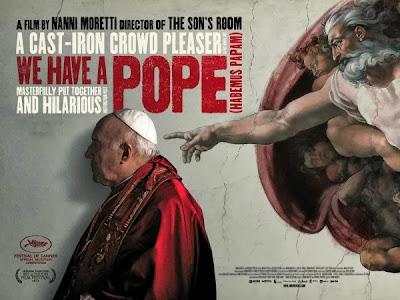Language: Samoan
Year: 2011
Director: Tusi Tamasese
Starring: Fa'afiaula Sagote, Tausili Pushparaj
Genre: Drama
This is a region which I haven’t seen yet in the movies and this is the first time FilmBulb is visiting a Samaon Film. Before going into the movie here is a small detail about the country Samao. The country is in the Samoan Islands, which is in the South Pacific Ocean, some 3000 Kms from New Zealand. Help yourselves with the map.
The film is the first of its kind from the country. The main character Saili is a dwarf. He is ridiculed by the village people, who grabbed his land. He can’t fit into his father position as a village chief, just because his physical stature doesn't give him the courage. Vaaiga, his wife is retreated out of her village earlier is living with Saili with her daughter.
 |
| Saili on way to get the body |
Saili is struggling to get hold of his land and he also wishes to take as a village chief, but never fit for it, down without confidence and courage is encouraged by Vaaiga. Things turn bad when her brother wants her to come back to their village as there is some curse on him and so he is falling ill. She returning to them will cure him, but she refuses to leave Saili. Owing to her illness, Vaaiga dies; her brother takes her body forcefully. Saili seeks the help of his village chief; the process is to negotiate with her brother to get back the dead Vaaiga' body. The village chief denies to go and asks Saili to go by himself, as a negotiator (as an orator as they call). Did Saili get the Vaaiga' dead body?
Cinematography is the first thing one will notice in this film with clean and crisp shots. There are few sub-plots of lighter moments which keep the film moving; otherwise the film would have been slow. I think it will take some effort to understand the culture and custom if someone is not from Samoa or New Zealand.
Cultural References
The maker called the film accurately depicts the culture of Samoa. I can see a lot of similarities in Tamil (Indian) culture and Samoan.
- Traditionally the chief of the village position is given to the son (First born).
- The burial of the dead in the backyard of home. This was prevalent earlier but not now, but still burial is done on their owned land sometimes.
- The process of negotiation is done still, as they call in Tamil, Panchayattu. Any kind of issue can be sorted out before going to the courts.
If you look for fast-cuts this is not for you. For me I can see it for another time.






